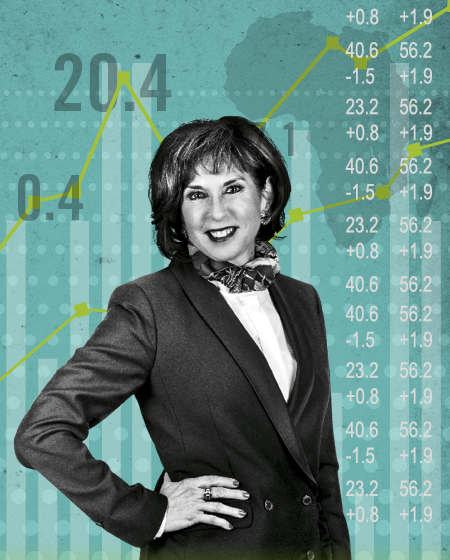With economic growth in Africa and increasing links with capital markets, more than ever opportunities abound for stock exchanges across the continent to work together.
As the JSE, we feel very much part of the familyhood of African exchanges. We have been working with other bourses in Africa for many years to develop markets. We also collaborate on best practice, listing requirements, surveillance and regulation.
However, this has stepped up with an exciting and increasing interest in dual listings, as well as a growing realisation that any development in capital markets in other African countries is good for us all.
Over the years, we have developed an excellent base and partnership. We’re working with various exchanges in Africa on a dual-listing strategy. We believe there is great scope for issuers in their own markets to have access to the investor base in others. Just as some SA companies have chosen to list bothon the JSE and on bourses such as the Toronto, London and New York stock exchanges, we too see opportunities for African companies to list not only in their own countries but to dual list on the JSE.
The JSE has much to offer other exchanges in Africa. In SA, the JSE and financial markets have access to R8.5 trillion in assets of non-bank financial institutions. That’s a huge asset pool which issuers in other African countries can access. We also offer substantial benefits. The SA investor community – with its analysts, brokers and investment ecosystem – has a very good understanding of companies in Africa.
The JSE also has access to a growing international investment pool: about 30% to 40% of our trade is conducted by foreign investors.
The JSE has several accolades to its name that inspire confidence. In its Global Competitiveness Survey for 2014/2015, the WEF ranked it first out of 144 countries for regulation of securities exchanges. This is the fifth year in which the JSE has maintained the top spot.
It is ranked third in its ability to raise finance through the local equity market, as well as third in the effectiveness of corporate boards. The JSE also earned second position in the protection of rights for minority shareholders. This positions us as a credible venue in terms of a sizeable liquidity pool, the robustness of our rules and regulations, and the ease with which companies can raise capital.
Recently, the JSE launched futures contracts in three African currencies – the Nigerian naira, the Kenyan shilling and the Zambian kwacha. We’ve had enormous interest in the Nigerian naira in particular. We’re also looking at collaborative dual listings around commodities in Kenya.
The JSE is working particularly hard with issuers of exchange traded products in Nigeria and Kenya, and sees opportunities in other countries to find smart ways to leverage scale, investor interest and market access.
Many African countries are at the point where they want to grow their own domestic exchanges but the cost of technology and infrastructure is very high. We need to find ways to share infrastructure and leverage scale while being cost-effective at the same time. Namibia, which uses the JSE’s trading infrastructure, is a very good example of this.
Growth in many countries has propelled investors to set their sights on our continent. MTN alone is a significant example of an investment success in Africa. With quantitative easing in Europe and Japan, investors based in those regions are looking for returns and yield – and African markets are well placed to offer this. As the JSE, we look forward to an exciting future of new collaborations with our exchange partners on the continent.
Donna Oosthuyse
Director: Capital Markets, JSE









